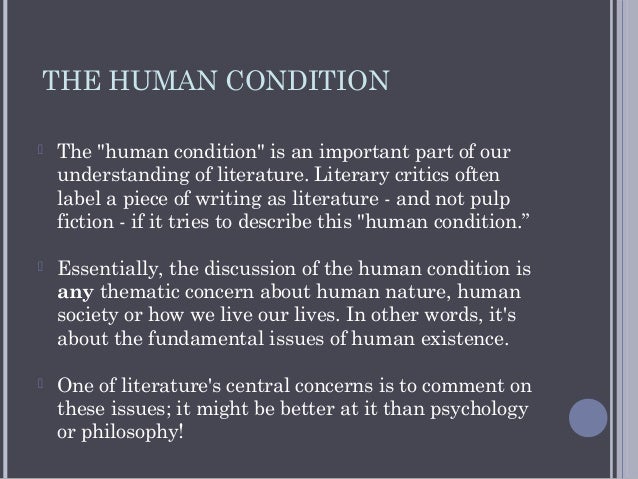March 9, 2020
CCSS.ELA-LITERACY.W.11-12.1
Write arguments to support claims in an analysis of substantive topics or texts, using valid reasoning and relevant and sufficient evidence.
Write arguments to support claims in an analysis of substantive topics or texts, using valid reasoning and relevant and sufficient evidence.
CCSS.ELA-LITERACY.W.11-12.1.A
Introduce precise, knowledgeable claim(s), establish the significance of the claim(s), distinguish the claim(s) from alternate or opposing claims, and create an organization that logically sequences claim(s), counterclaims, reasons, and evidence.
Introduce precise, knowledgeable claim(s), establish the significance of the claim(s), distinguish the claim(s) from alternate or opposing claims, and create an organization that logically sequences claim(s), counterclaims, reasons, and evidence.
CCSS.ELA-LITERACY.W.11-12.1.B
Develop claim(s) and counterclaims fairly and thoroughly, supplying the most relevant evidence for each while pointing out the strengths and limitations of both in a manner that anticipates the audience's knowledge level, concerns, values, and possible biases.
Develop claim(s) and counterclaims fairly and thoroughly, supplying the most relevant evidence for each while pointing out the strengths and limitations of both in a manner that anticipates the audience's knowledge level, concerns, values, and possible biases.
CCSS.ELA-LITERACY.W.11-12.1.C
Use words, phrases, and clauses as well as varied syntax to link the major sections of the text, create cohesion, and clarify the relationships between claim(s) and reasons, between reasons and evidence, and between claim(s) and counterclaims.
Use words, phrases, and clauses as well as varied syntax to link the major sections of the text, create cohesion, and clarify the relationships between claim(s) and reasons, between reasons and evidence, and between claim(s) and counterclaims.
CCSS.ELA-LITERACY.W.11-12.1.D
Establish and maintain a formal style and objective tone while attending to the norms and conventions of the discipline in which they are writing.
Establish and maintain a formal style and objective tone while attending to the norms and conventions of the discipline in which they are writing.
CCSS.ELA-LITERACY.W.11-12.1.E
Provide a concluding statement or section that follows from and supports the argument presented.
Provide a concluding statement or section that follows from and supports the argument presented.
Obj: I can write arguments to support claims in a literary analysis of Hamlet, using valid reasoning and relevant and sufficient evidence.
Starter
Answer the question below in the Google form.
Based on the brainstorming you completed yesterday, what aspect of the human condition will you focus on? Why did you select that aspect?
Respond in 2-3 sentences.

Vocabulary:
Word: Thesis
Part of Speech: Noun
Dictionary Definition:a statement or theory that is put forward as a premise to be maintained or proved.
Your Definition:
Activity: Develop a working thesis.
Activity:
We will review the requirements of the project together.
Today will be used to plan and brainstorm your ideas.
Timeline
Friday, March 6: Brainstorming
Monday, March 9: Thesis Statement and Outline
Tuesday, March 10: Body Paragraphs
Wednesday, March 11: Body Paragraphs
Monday, March 16: Introductions and Conclusions
Tuesday, March 17: Peer Edit and Revisions
Wednesday, March 18: Essay Due
2. Literary Analysis Thesis Model
Read through pages 177-178 in your StudySync books.
Make annotations if needed.
3. Thesis Writing
Based on your brainstorming chart, write a thesis statement that articulates your main claim.
When you are done, trade with a partner and answer the questions in the practice section on page 178. Make sure to explain your answers.
4. Outline
Use the template provided to organize your ideas for the essay.
You do not need to write in complete sentences but it should provide a general idea.
Closure
What is your working thesis?
No comments:
Post a Comment